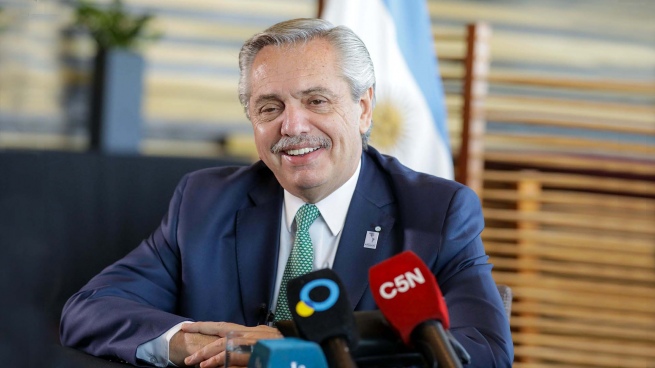
This Sunday three electoral processes took place that mark the future of France, Spain and Colombia.
France
The French sanctioned Emmanuel Macron in the second round of parliamentary elections. His coalition, Ensemble, obtained more deputies than the rest of the parties, but it fell far short of the absolute majority it had.
Ensemble lost more than 100 seats from the 2017 election to win 244 of 577, according to the official count, with 100% of the vote counted. After governing for a five-year period without counter-powers, the French president could be forced to seek alliances in a National Assembly with the far-left populist opposition ─the main opposition force─, the New Popular Ecological and Social Union (socialists, environmentalists and communists), led by Jean-Luc Melénchon or with the extreme right ─on the rise─, National Rally, by Marine Le Pen. The country has two alternatives: learn the culture of consensus, rare in the French presidential system, or be doomed to ungovernability. France has entered uncharted territory.
Prime Minister Élisabeth Borne said after a three-hour meeting with Macron that this situation constitutes a risk for France, “given the challenges both on a national and international scale.”
The electoral participation of 46.3% of the French sends a signal to Macron: limit his presidential power. He will no longer be able to rule alone. His reform program, such as the pension reform program, is on hold and he is not sure that he has the necessary majorities to apply it. Likewise, his strategic ability to win elections is in question after his resounding victory, by a margin of 17%, in the presidential elections 7 weeks ago.
The new National Assembly will reflect the forces – the center, the populisms of the left alliance and the extreme right – that have dominated French politics since Macron seized power in 2017. Anti-system voices will be heard more and will have a greater weight in the parliament. And social discontent will be reflected in the hemicycle. If Macron fails in the attempt to form majorities, he has the possibility of dissolving the Assembly and convening new legislative ones. What could be the beginning of an era of political instability not seen for several decades.
Spain
In the regional elections in Andalusia last Sunday, the Popular Party (PP) swept away with a historic victory. They won in all the provinces and large cities ─Huelva, Jaén and, above all, Seville─ where the socialists had not lost a single election so far: neither general, nor regional, nor municipal nor European, achieving the first absolute majority in the region. The 58 popular seats of the 109 seats are a milestone in a fief that was dominated by the Spanish Socialist Workers’ Party since the arrival of democracy (1980).
In addition, the results of this Sunday have an inevitable national reading in the parties with state implantation, which predicts a political change in the general elections of 2023. Because the results of the Andalusian regional elections are considered the best representative sample of the behavior of the vote to The general courts. There are 6.6 million potential votes that elect 17% of the 349 deputies to Congress.
Colombia
The carnivorous left will win the presidency of Colombia for the first time after the triumph obtained this Sunday in the second round of elections by the former guerrilla and former mayor of Bogotá, Gustavo Petro, of the Historical Pact coalition.
“From today Colombia changes, a real change that leads us to some of the proposals that we have made of these squares: the politics of love, a politics of understanding and dialogue,” Petro proclaimed in his victory speech. And he added that peace, social justice and environmentalism will be the axes of his government.
A polarized Colombia thus enters a new political era without a government of the traditional parties, defeated in the first round by the anti-system vote.
Petro’s triumph has an impact at the Latin American level. He joins the leftist governments of Peru, Chile, Argentina, Honduras, Mexico, Bolivia, and regimes in Cuba, Venezuela, and Nicaragua.
“This story that we are writing at this time is a new story for Colombia, for Latin America, for the world,” Petro said on the night of his victory.
Despite his victory, the former M-19 leader may find it difficult to enact his most radical proposals. His coalition, the Historic Pact, only has 15% of the seats in both houses of Congress.
So far, the president-elect has the benefit of the doubt from Colombians and Hispanic Americans. Although the Nobel Prize for Literature Mario Vargas Llosa said: “Hopefully it will be an accident that can be mended and corrected in the immediate future.”
In conclusion
The electoral processes on Sunday in France, Spain and Colombia were the result of Macron’s presidential form of government; the pragmatism of Pedro Sánchez; and the disconnection with the reality of the leaders of the traditional Colombian parties.
If they continue to act in the same way, France will go through a crisis of governability; Spain will have a new PP government; and Colombia will be petrista.

















